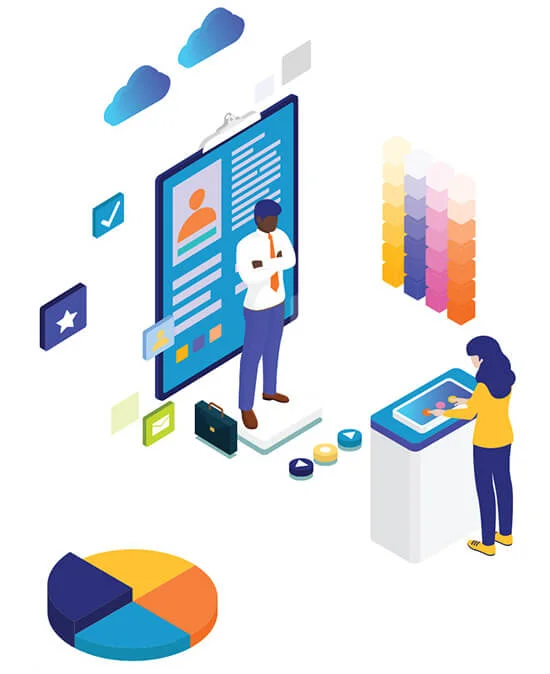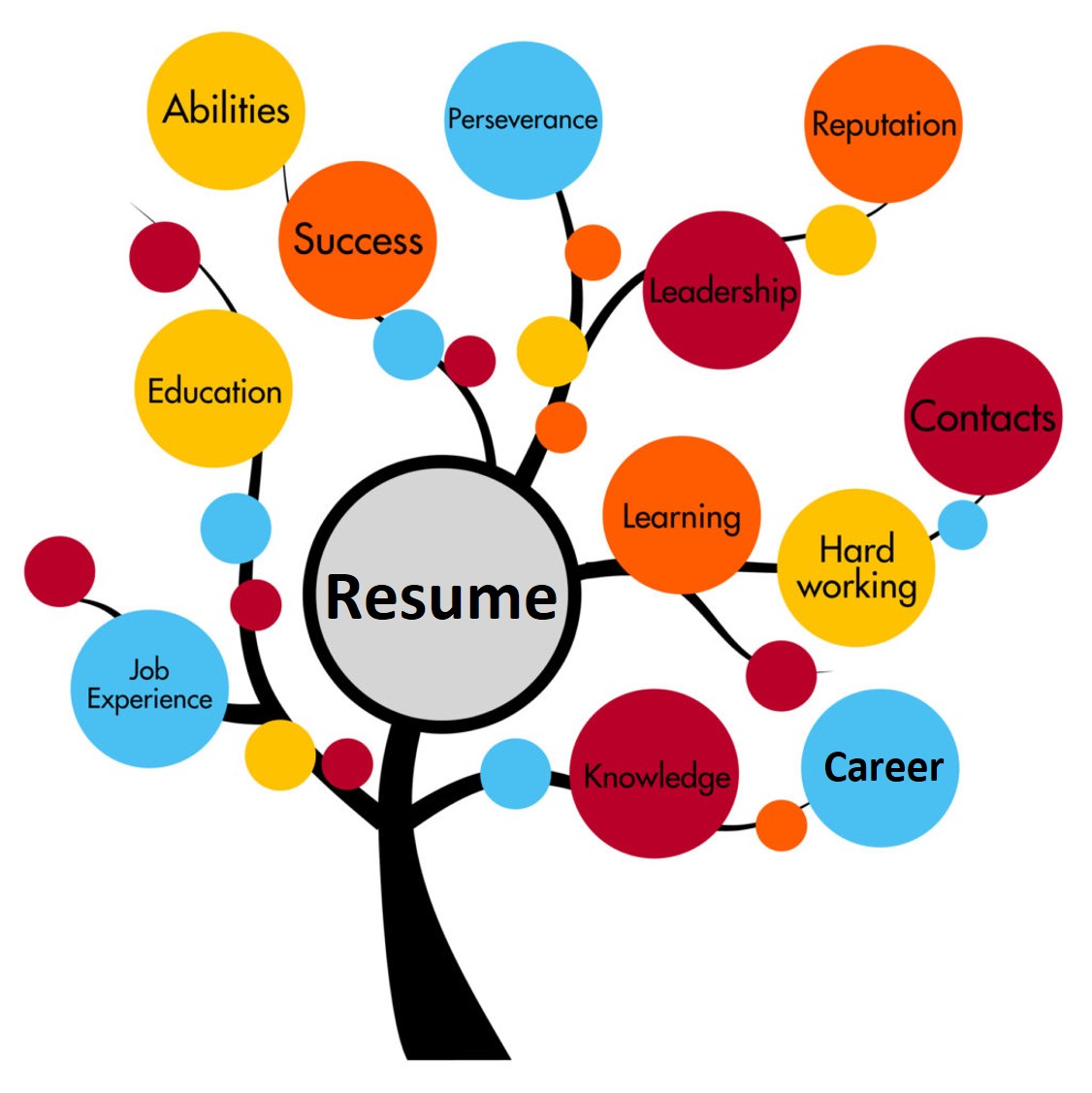Freakonomics
October 31, 2025
43 views
SUMMARY
Freakonomics is about applying simple economics concepts in our everyday lives, asking questions nobody else thought, and finding answers not imagined by anyone. It\s a simple yet provocative work at times borders on challenges faced by racism in America. It brings in a detective mindset to unravel some seemingly obvious questions with insightful revelations.
Have questions about this article? We're here to help! Send us a message and we'll get back to you soon. Or email us directly at support@resumekart.comRelated Articles
💬Need More Information?


